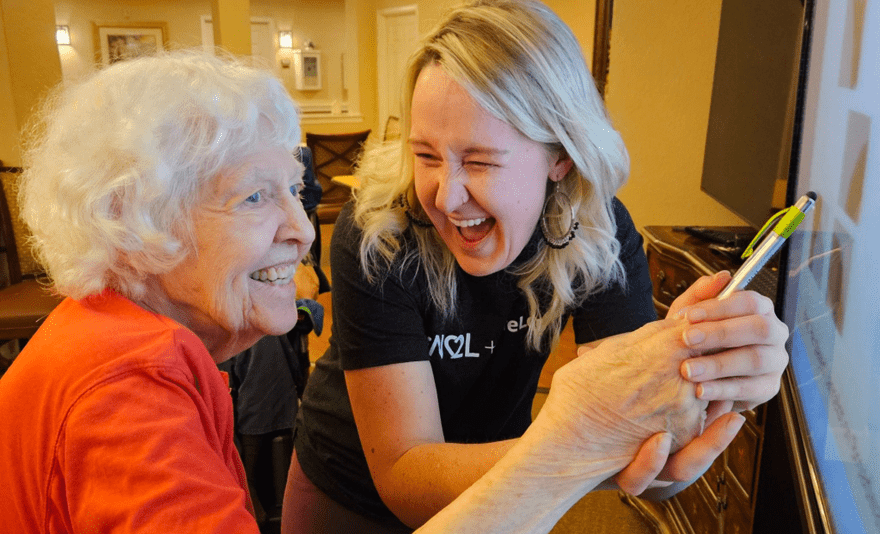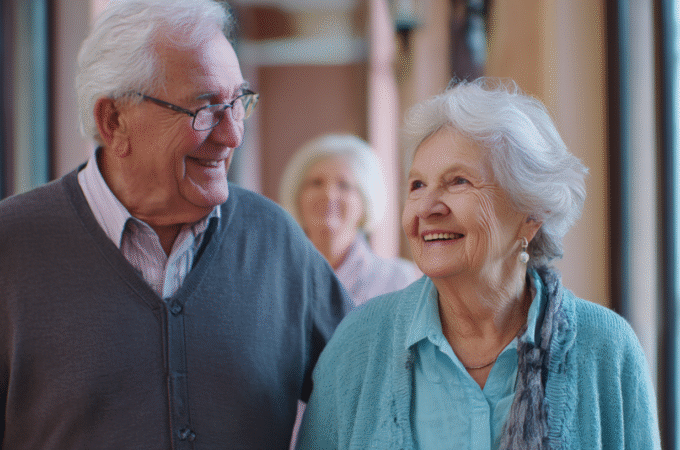
Giving Aging Loved Ones Their Dignity—Practical Ways to Help Without Taking Over
Aging is a wild ride. It sneaks up quietly, and suddenly, the folks who taught us everything—how to ride a bike, how to budget, how to make pie crust that never falls apart—are facing changes they can’t control. As roles shift, it’s all too easy to start hovering or taking over, but here’s the thing: dignity is at the very heart of happiness, especially as we get older. Helping your parent, grandparent, or favorite old neighbor hold onto that dignity? That matters more than just about anything.
Listen First, Fix Later
When someone’s balance is a little shakier or their memory doesn’t serve them like it used to, our instinct is to jump right in with solutions. But dignity starts with feeling heard. Ask your loved one what they need and what they want, even if their answers seem small or a little stubborn. Sometimes, the best way to show respect is just to pause, really listen, and let them finish their thought—even if you already know where the conversation is headed.
I used to finish my grandpa’s sentences every time he fumbled for a word, thinking I was helping. Turns out, he just wanted me to give him time. That taught me more than any “tips list” ever could.
Offer Choices, Even in the Little Things
No one likes to be bossed around all day, and this doesn’t magically change at eighty. Let your loved one pick their clothes, decide what’s for dinner, or choose which chair to sit in at family gatherings. If there are medical issues, offer options where you can: “Would you like to take your pills with water or juice?” or “Do you want to walk before or after watching your show?”
Those small bits of agency add up, sending the message: “You’re still in charge here.”
Respect Privacy, Especially for Personal Care
Bathing, dressing, or changing can be tough for both sides—no one wants their daughter becoming their nurse, and you probably don’t want to play that role, either. Give as much privacy as possible. Use towels, let them handle what they can, and be patient when things take longer. If help from a third party is easier, suggest a home aide or check if an assisted living community offers dignified, gentle support.
Celebrate Strengths—Past and Present
Everyone wants to feel useful. Let your loved one help with simple tasks: folding laundry, sharing old recipes, or telling grandkids how things worked “back in my day.” Show them their experience still means something—because it does.
Hang up family photos with them, ask about their wild college days, or set them up as the judge for a family baking contest. Dignity shines brighter when someone feels needed, not just cared for.
Let Them Decide What’s Shared
Health changes, memory slips, or a new diagnosis? Always let your loved one lead the conversation. Some want to talk openly; others don’t. Follow their cue and never overshare private details with neighbors or friends.
When Extra Help is Needed, Keep Their Dignity in Mind
If everyday life becomes too much, talk about options like an assisted living community. Highlight how these spaces support independence, offer new friends, and keep folks from feeling like a “burden.”
At the end of the day, giving someone dignity means showing them you value their voice, their history, and their right to decide, even when things are changing fast. If you can bring a smile, a sense of purpose, and a feeling of “I still matter,” you’re doing exactly what love looks like as seasons shift.




